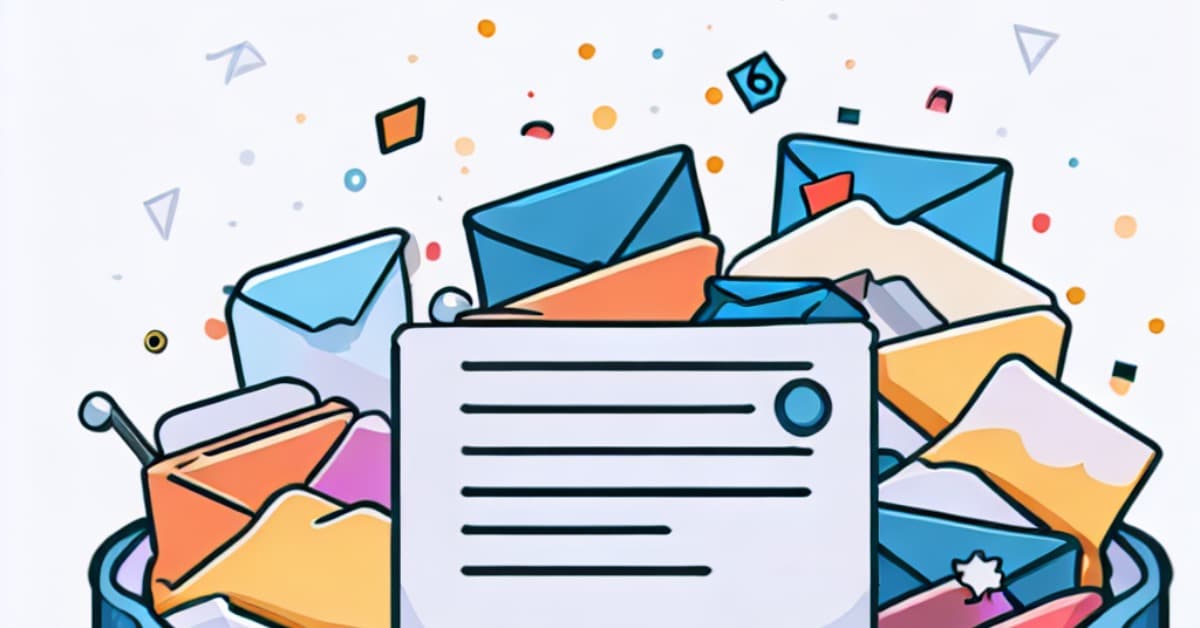Your inbox is not a todo list



In today hyper communicated world, we receive constant messages from different people through many different channels. In this post, I'm focusing on professional communication.
Don't get me wrong, communication is great, and that hyper-connectivity is what is allowing that, even in these pandemic times, many people are working very efficiently. Pandemic has, indeed, accelerated a transformation that was going to happen in a much longer period in 1 year. Companies have embraced remote working and, most have realized (or are in the process of), that performance is not decreasing but, in most cases even increasing. People are having a better balance between professional and personal life. Of course, this also brings new challenges.
Yesterday I was writing about how to differentiate between important vs urgent topics and how to use it as a possible framework to organize our tasks using Eisenhower's matrix.
All of those communication channels we use today are inboxes for receiving "tasks" or "requests" from different people: email, slack, other tasks/project management tools... The tasks we receive are normally going to be driving forward other people's goals, not necessarily ours. If we are too much on "reactive mode" it can completely hijack our productivity and our feeling of moving forward to achieve our objectives.
We need to beware of not being only focused on executing the tasks/requests we receive and not dedicate energy and time to the ones that are important for us.
I often struggle with this, constantly checking email, slack, trying to be responsive to the needs of everyone around because that's indeed a very important part of my job. Making sure that people around have the needed context, information and are not blocked to do what they need to do. But also, I need to have time to dedicate to strategic problems.
Today, everyone expects almost immediate answers on almost any channel, even in email, that was designed to have asynchronous communication. In many cases. synchronous communication is a productivity killer. Most of our communication today is synchronous. That allows very little space in our days to do deep focused work.
Making time for doing focused work is very important and being aware and protective of the constant disruption is fundamental.
These are some ways I have found useful to fight against this:
- Define specific times a day where you check your inbox.
- Plan your day in the morning and allocate time for doing tasks you want to achieve that day
- Block calendar slots to make sure they are not "filled" otherwise.
- Define "focused" time where you block all distractions (slack included!)
I really like Basecamp aproach for internal communication. There is also a good follow-up artcile on Medium.
If you have other recommendations I would love to hear them!